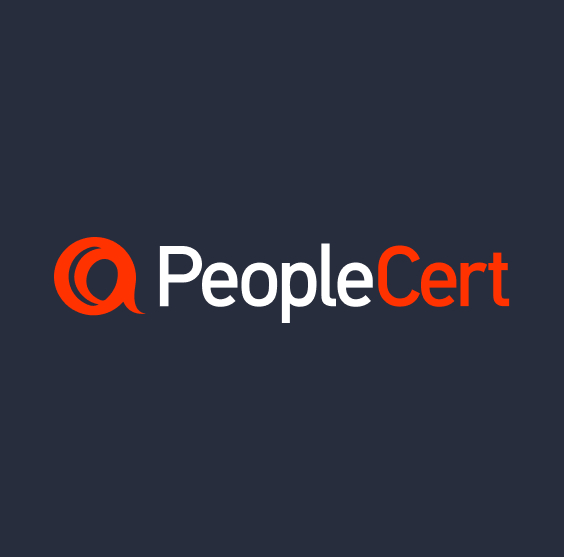DevOps Institute Blog
![[EP112] Why an AIOps Certification is Something You Should Think About](https://www.devopsinstitute.com/wp-content/uploads/2022/01/DOI-Human-DevOps-Digital-Podcast-Screen-600x600px-400x284.jpg)
[EP112] Why an AIOps Certification is Something You Should Think About
Join Eveline Oehrlich and Suresh GP for a discussion on Why an AIOps ...

Transforming IT Operations with AIOps: Benefits and Trends
AIOps is a set of practices designed to automate IT processes using ...

Beyond DevSecOps: The Democratization of Security
Image source PeopleImages via Getty Images Signature
By Stephen M ...

Seven Steps To Successful IT Upskilling in 2023
Image by Arthon meekodong
By Eveline Oehrlich, Chief Research ...

CI/CD Pipelines: Accelerating Software Delivery and Innovation
Image source csliaw from pixabay
A SKILup Day Event Recap
Recapped ...
![Upskilling IT 2023 Report [Press Release]](https://www.devopsinstitute.com/wp-content/uploads/2023/04/1-400x284.png)
Upskilling IT 2023 Report [Press Release]
Continuous Upskilling of People, Process, and Technology is the Way ...

The Yellow Brick Road of Becoming a Peer Learning Champion
Photo source by Akshay Nanavati via Unsplash
By Darwin Sanoy, ...
![How the Adoption of CI/CD Can Improve Productivity [and Revenue] Across the Software Delivery Chain](https://www.devopsinstitute.com/wp-content/uploads/2023/04/Anyaberkut-via-Getty-Images-400x284.png)
How the Adoption of CI/CD Can Improve Productivity [and Revenue] Across the Software Delivery Chain
Image source Anyaberkut via Getty Images
By DevOps Institute ...



